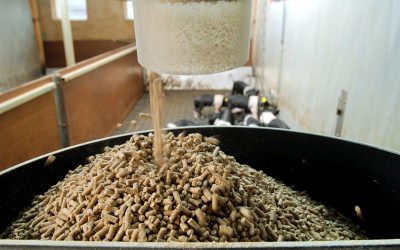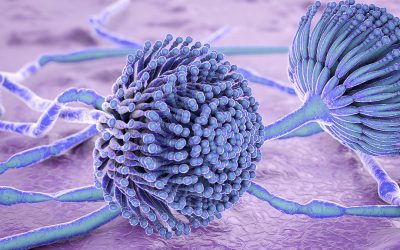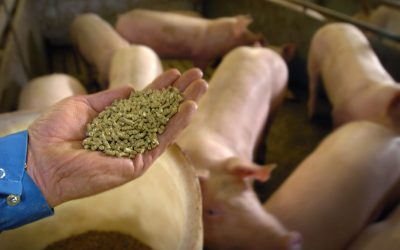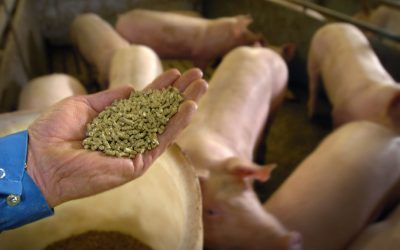Dioxin responsible Harles & Jentzsch assets to be sold
The German farmers affected by the dioxin scandal may soon be able to partially recompensed for the damages they suffered. Harles and Jentzsch, responsible for the contaminated feed, is expected to be broken up this month.
"The land and the production facility will be sold under the bankruptcy case," said the spokesman of the liquidator, Frank Pluemer, to the Hannover news.
"There are sales negotiations. We expected sometime in January to come with a result," he added. The company in Uetersen in Schleswig-Holstein would then be history and be deleted from the Register.
The company is facing claims of around €20 million from about 600 affected farmers and feed suppliers. "Those recognized as a creditor can expect to receive part of their damage claims from the liquidation," said the spokesman. However, it will take some time after the sale until the the money will be paid.
Harles and Jentzsch filed for bankruptcy in January 2011 after it was revealed that the company had mixed cheap industrial fats with food grade fats, which then were delivered to many feed manufacturers, especially in Lower Saxony and Schleswig-Holstein.
After the levels of the carcinogenic dioxins exceeded maximum limits in meat and eggs, the authorities detained nearly 5,000 farms nationwide of which 4,500 in Lower Saxony.
Minimal compensation
The sale of the assets of Harles and Jentzsch will hardly compensate for the effects of the dioxin scandal. Alone in Lower Saxony it is estimated that farmers have faced losses adding up to at least €100 million.
Tens of thousands of laying hens and pigs were killed and had to be distroyed. Many companies were not allowed to kill. Even farms that did not receive contaminated feed had to suffer severe losses.
According to the German Farmers’ Association, egg prices dropped more than 30% and pork prices dropped 25%.
Irritation on no prosecution
Irritation among the affected farms and companies has also risen due to speculations that the former CEO of Harles and Jentzsch, Siegfried Sievers could go unpunished.
At the end of December 2010 he reported to the Food Control Authority that elevated levels of dioxin were found in their products.
A provision in the feed law states that operators who report themselves to authorities or make public limit violations, go unpunished. According to media reports, this was confirmed by the prosecutor in Itzehoe.
On the other hand, the company already had found increased levels of dioxins through self-monitoring since March 2010.
To hide the increased levels of dioxin, Harles and Jentzsch for months had diluted the feed fats or declared these in the control laboratory as technical fats. If and when charges will be pressed, is still open, according to the prosecutor in Itzehoe.
Background article: Criminal minds confirm weakness of feed control system











